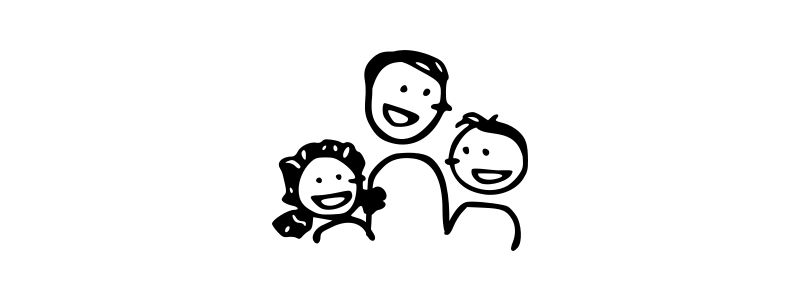Grammar Point:
There are many ways to show perspective in Chinese. In this article, we are going to learn 看来 kànlái. It’s similar to saying “it seems that” or “apparently” in English.
Structure
看来 kànlái + Perspective
看来 kànlái can be translated as “apparently” or “it seems” and is used by the speaker to introduce his understanding of a situation based on previous observation or experience.
看來他是個好人看来他是个好人
He seems to be a good person.
(As a listener, I would assume that the speaker knows the man in question and is judging his niceness based on his words and actions.)
看來明天不會下雨了看来明天不会下雨了
It doesn’t seem like it will rain tomorrow.
看來這次考試我又失敗了看来这次考试我又失败了
I’m pretty sure I failed this exam again.
看起来 kànqǐlái VS 看来 kànlái
看起来 kǎnqǐlái and 看来 kànlái are both Chinese phrases that can be used to express the speaker’s opinion or inference about a situation or circumstance, but there are some differences in their usage. 看起来 kǎnqǐlái is used to express the speaker’s impression or observation of a situation or circumstance. It is often used to describe something that can be seen or observed, such as a person’s appearance, facial expression, or physical object.
看起來他是個好人看起来他是个好人
He looks like a good person.
(This judgment is based on appearance alone. I would assume that the speaker has never interacted with the man and knows nothing about him.)
這些蘋果看起來非常好吃这些苹果看起来非常好吃
These apples look very tasty.
她工作了一天,看起來有點累她工作了一天,看起来有点儿累
She has worked all day and looks a little tired.
Practice
TouchHover over the space to see the answers.
✔️Taiwan looks quite small, yet it’s home to 23 million people.
台灣看起來很小,沒想到卻住了2300萬人台湾看起来很小,没想到却住了2300万人
✔️ Really? It seems like I might find my significant other in Taiwan.
真的嗎?看來我應該可以在台灣找到我的另一半真的吗?看来我应该可以在台湾找到我的另一半
✔️ Why does your expression seem so annoying?
為什麼你的表情看起來很討人厭为什么你的表情看起来很讨人厌


